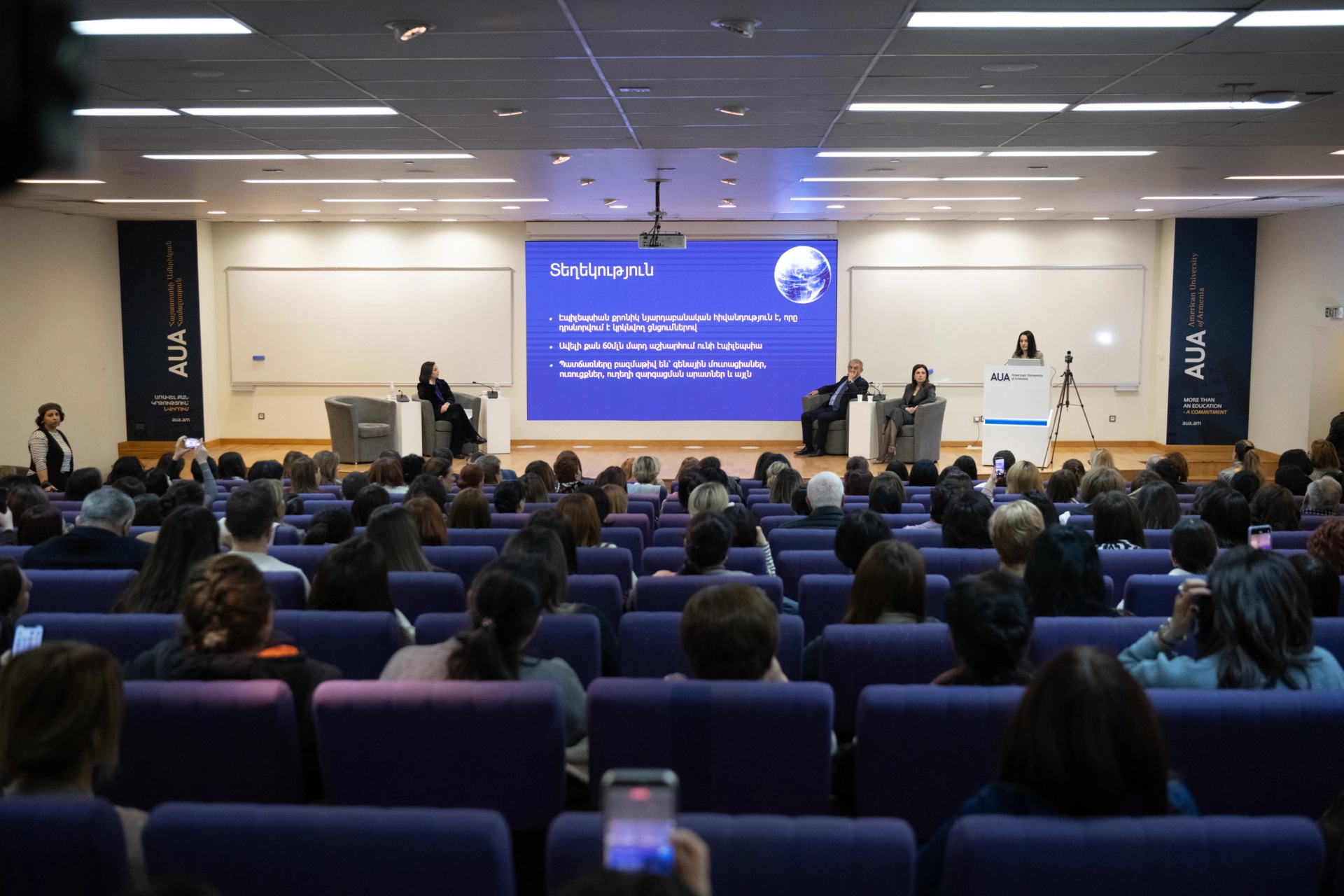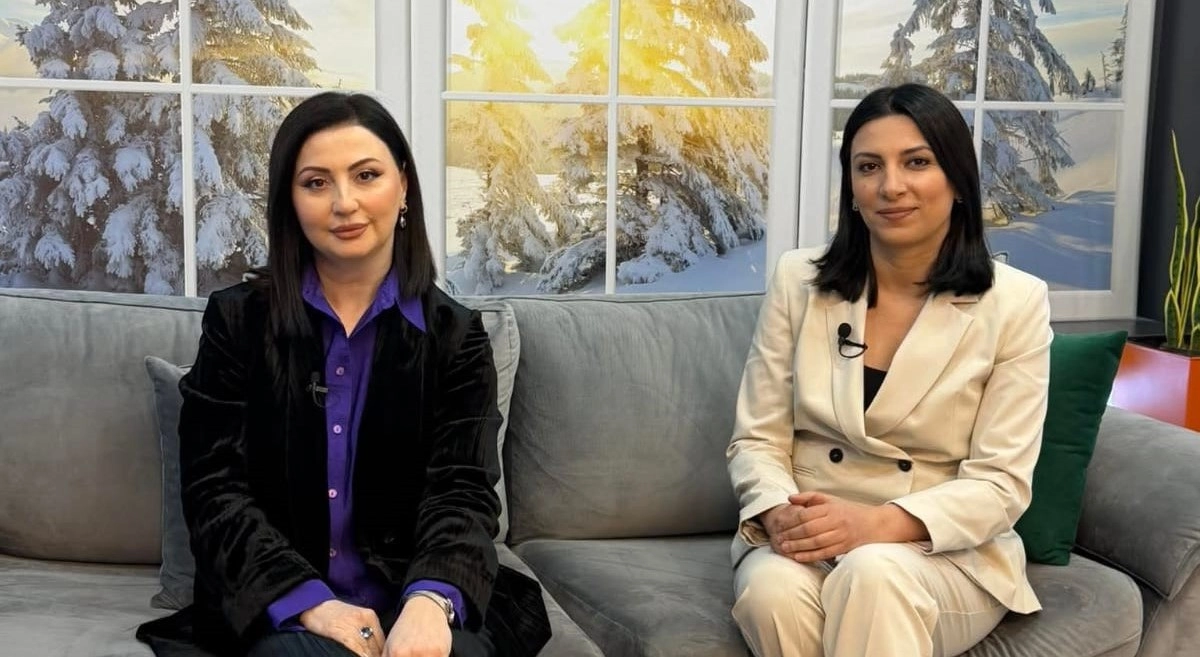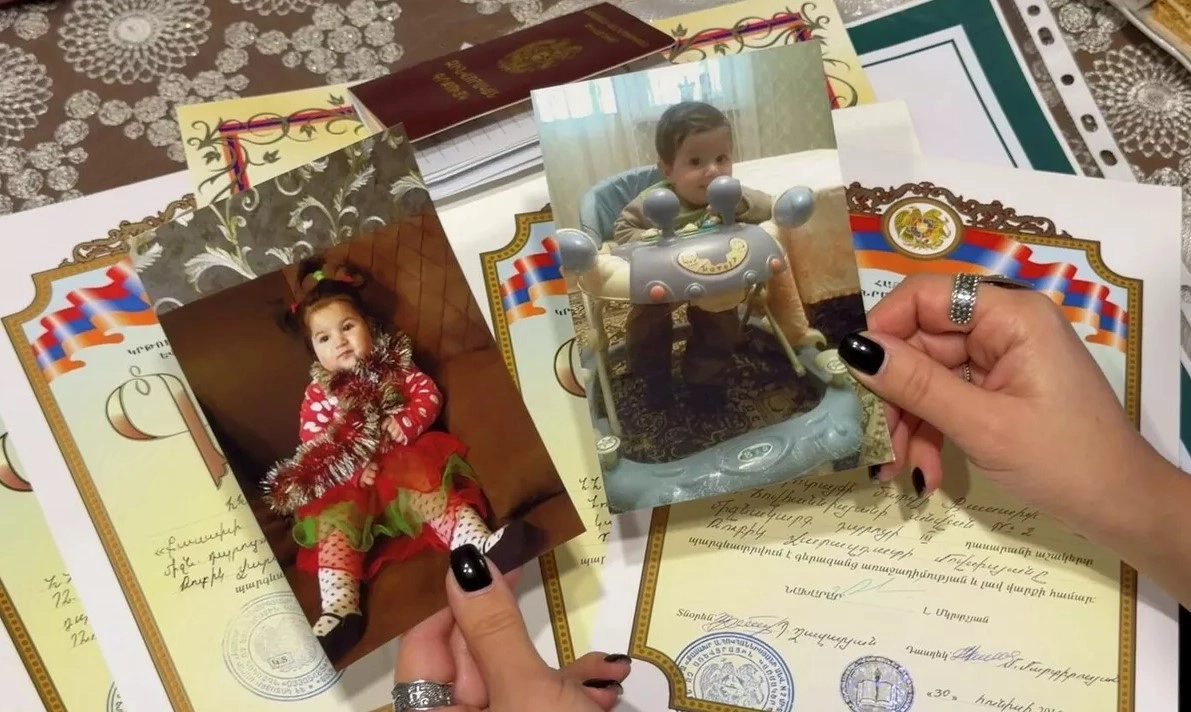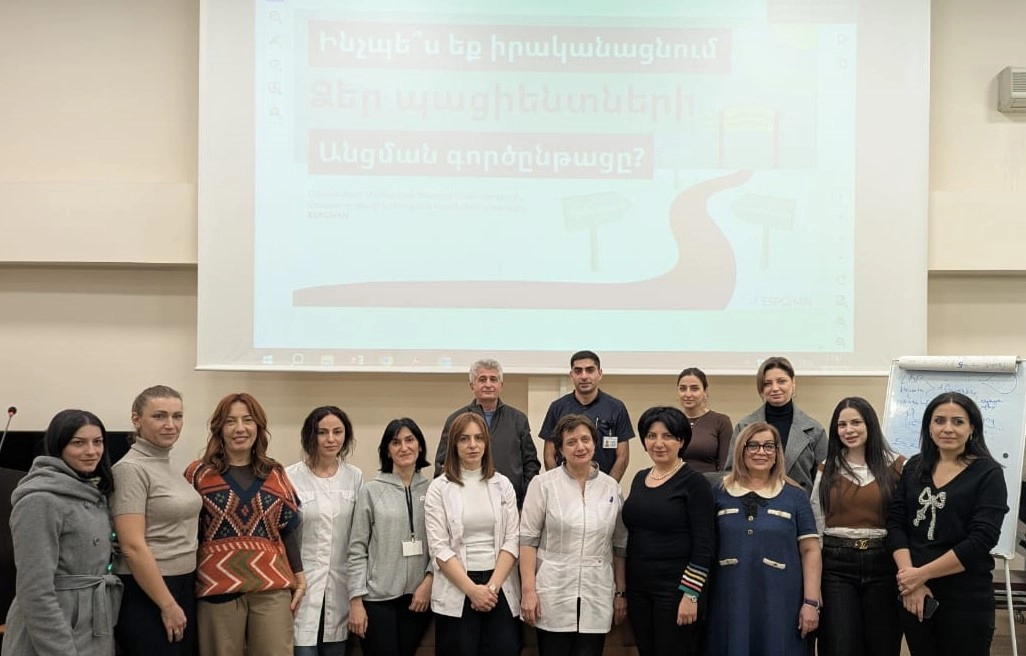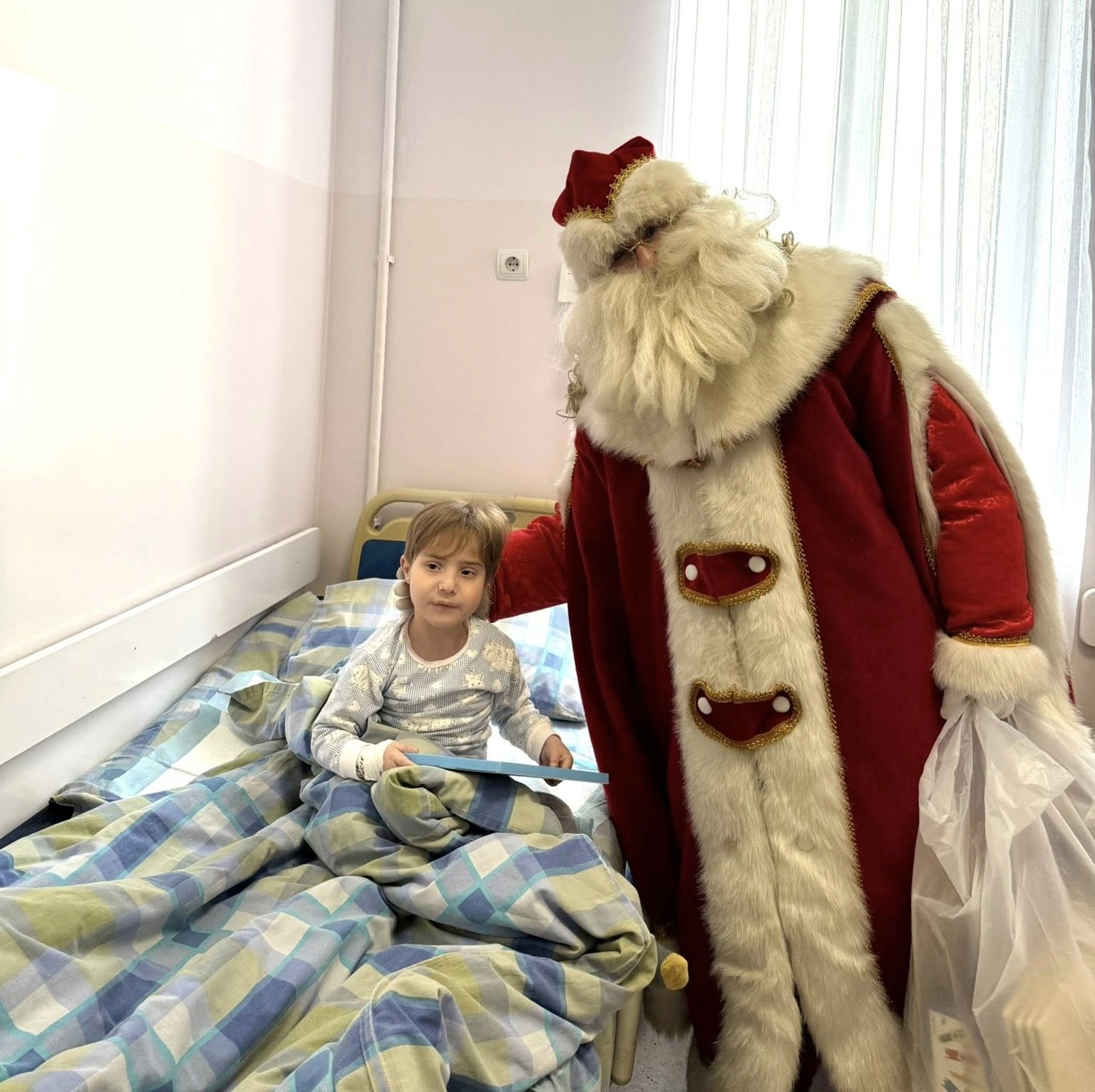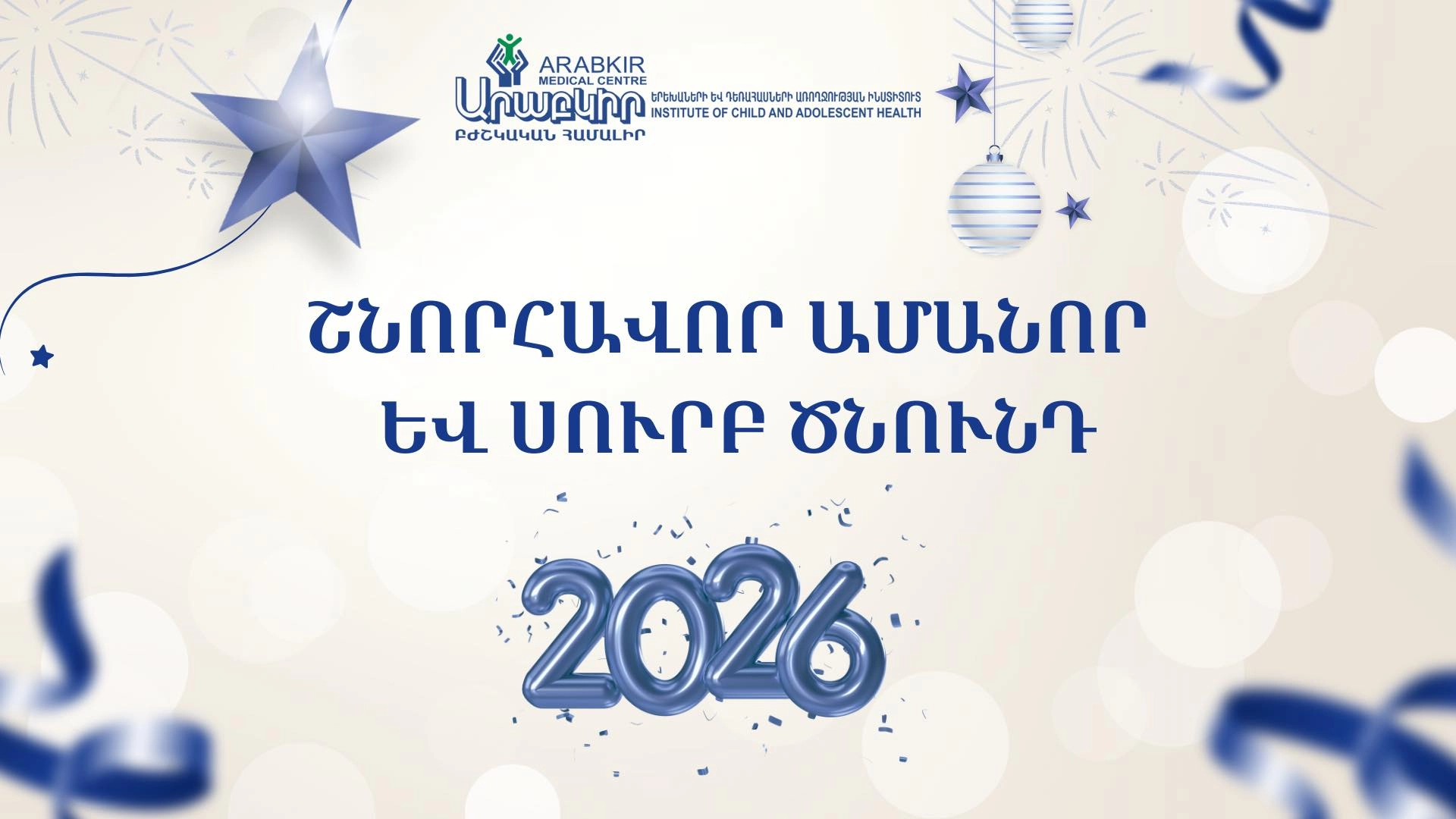This time, the Public TV Company visited our little child from Artsakh. They noticed that Monte is missing his mom.
We hold onto the hope that the child will recover from this illness without any consequences and will return home with his parents, to his sisters and brothers.
The team of “Arabkir” MC is putting maximum efforts to ensure the well-being of the child.
-
On June 24, a baby, who was transported by helicopter from Nagorno Karabakh to Armenia in a critical condition, is currently receiving care in the intensive care unit. The baby’s life was saved, and the doctors are now dedicated to helping the child make a complete recovery. Initially, he was diagnosed with tonsillitis, but the virus has affected the baby’s brain. The condition of the baby worsened due to the unavailability of medication caused by the blockade of the Lachin corridor.
Monte started crying when he saw his mother. Then he found comfort in his mother’s arms and eventually started to smile.
Narine Melkumyan (the mother of the child) - I could not have imagined how it would be, that we would have to move to Armenia and that our child would be saved.
Meetings are not held on a daily basis, as the child remains in quarantine within the intensive care unit.
Monte is the baby who was airlifted from Nagorno Karabakh to Armenia on June 24th, in an extremely critical condition, accompanied by Russian peacekeepers. The child was diagnosed with tonsillitis, an inflammation of the tonsils, and later it was discovered that the virus had spread to the nervous system, impacting the brain.
Ashot Gyulbudaghyan (the head of the Intensive Care and Resuscitation Service of “Arabkir” Medical Center) - Time was of the essence.
Currently, the one-year-old boy is able to drink on his own, move around, and explore us, strangers. Prior to his transfer, the baby was in the “Arevik” Children's Hospital in Stepanakert. During the last two days of his stay, he was in a serious condition. However, due to the road blockade imposed by Azerbaijani side, which included an unauthorized checkpoint on the Hakari bridge and restrictions on Red Cross movement since June 15th, it was challenging to transfer him to Armenia.
And only on the morning of June 24th, it was possible to transport the baby by helicopter to Sisian, and from there to Yerevan,using a specially equipped resuscitation vehicle.
Ashot Gyulbudaghyan - All necessary measures were taken, but the main issue lied in the availability of medication, as there were only two vials of the required treatment. The child remained unconscious, showing no response or reactions, except for movements and reactions to intense pain. The medication administered upon arrival in Yerevan needs to be continued for a duration of 21 days.
The medical team is now relieved regarding the child's life, and now they are fighting for his complete recovery, as any delays in treatment may result in disability.
Ashot Gyulbudaghyan - The dynamics witnessed over the course of these 16 days provide strong indications that the child is likely to achieve a full and complete recovery.
The medical team anticipates that within 5 days they will be able to remove the label "Monte" from the bed and transfer the baby to a regular ward. Doctor Gyulbudaghyan is confident that the presence of the child's mother will contribute to a faster recovery, given that the issue is related to the nervous system. Monte's mood visibly changed when his mother left, and even his favorite cartoon failed to bring a smile to his face. The neurologist is making efforts to provide comfort and reassurance.
Ani Sharyan (pediatric neurologist) - He looks, follows, and the movements of his hands and legs have fully recovered.
While we were in the intensive care unit, Monte's father waited by the doors of the medical center for the next update.
Karen Grigoryan (the father of the child) - Ehh, you child in front of your eyes…I don’t know…
He has not seen his child for 16 days. He is looking at the pictures from Monte’s first birthday party on May 25th, waiting for the moment they can return home to Martakert, where their other two children are waiting for them. In the meantime, when not pacing the hospital corridors, they stay in the accommodation provided by the medical center. The duration of Monte's complete recovery remains uncertain even to the doctors. Even after being transferred to the hospital, it will still take weeks for him to fully recover.

 English
English
 Հայերեն
Հայերեն Русский
Русский
